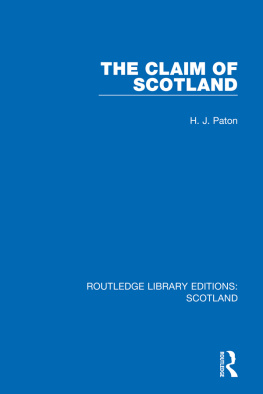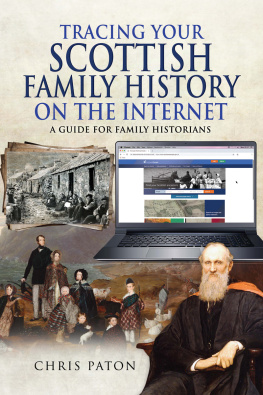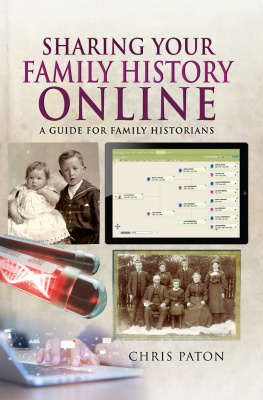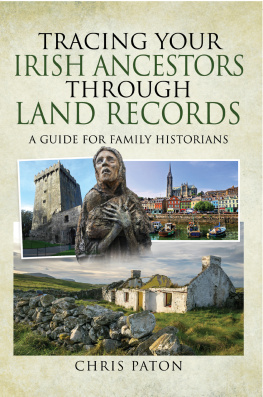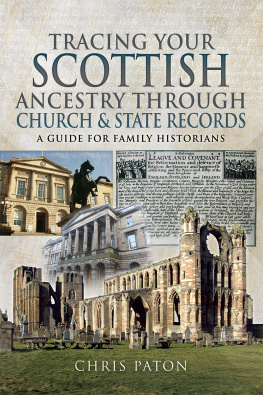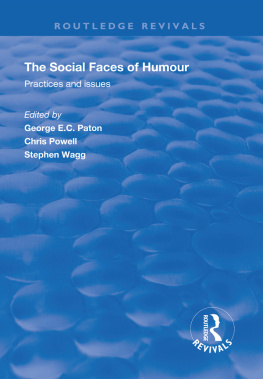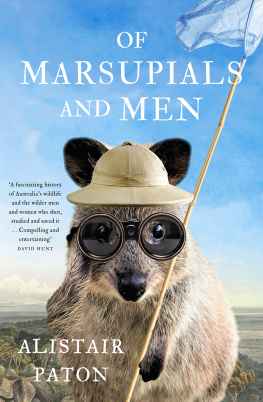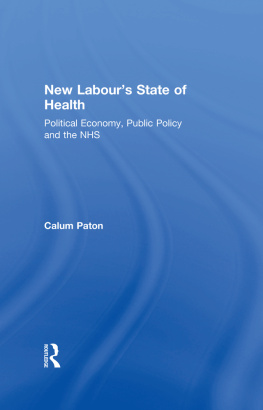First published in 1968 by George Allen & Unwin Ltd
This edition first published in 2022
by Routledge
2 Park Square, Milton Park, Abingdon, Oxon OX14 4RN
and by Routledge
605 Third Avenue, New York, NY 10158
Routledge is an imprint of the Taylor & Francis Group, an informa business
1968 George Allen & Unwin Ltd
All rights reserved. No part of this book may be reprinted or reproduced or utilised in any form or by any electronic, mechanical, or other means, now known or hereafter invented, including photocopying and recording, or in any information storage or retrieval system, without permission in writing from the publishers.
Trademark notice: Product or corporate names may be trademarks or registered trademarks, and are used only for identification and explanation without intent to infringe.
British Library Cataloguing in Publication Data
A catalogue record for this book is available from the British Library
ISBN: 978-1-03-206184-9 (Set)
ISBN: 978-1-00-321338-3 (Set) (ebk)
ISBN: 978-1-03-207405-4 (Volume 24) (hbk)
ISBN: 978-1-03-207407-8 (Volume 24) (pbk)
ISBN: 978-1-00-320677-4 (Volume 24) (ebk)
DOI: 10.4324/9781003206774
Publishers Note
The publisher has gone to great lengths to ensure the quality of this reprint but points out that some imperfections in the original copies may be apparent.
Disclaimer
The publisher has made every effort to trace copyright holders and would welcome correspondence from those they have been unable to trace.
This is a book that had to be written. I only wish it had been written by some one else. What was intended to be a brief relaxation from more serious labours became a heavy and absorbing task.
The claim of Scotland to govern herself is not new, but it has become more pressing in recent years. Nothing else could be expected when, for administrative convenience, a centralising Government seeks, however unconsciously, to blot out regional and other differences: almost absent-mindedly it destroys by stages everything which is distinctive of Scotland and has been the source of her greatness. Even since I began to write, this practice has increasingly provoked Scottish national feeling. To-day the cause of Scotland seems to have captured the imagination of the young, and this has begun to show itself at the polls - the one argument which politicians cannot afford to overlook. No time could be more propitious for a review of the situation as a whole.
The problems I discuss are, at least in isolation, not unfamiliar in Scotland: south of the Border they are almost unknown. What is needed is that they should be brought together in a readable form, and this is what I have attempted to do. A general review is necessary if Scotsmen are to understand what is happening to their native country. It may, I trust, be useful also to friendly Englishmen who are concerned about the fate of their Northern partner and would wish to avoid the political blindness that lost Ireland and, at an earlier stage, the American Colonies. It is my wistful hope to offer them some enlightenment.
In this overbold endeavour I have sought to aim at clarity rather than emotion, at argument rather than rhetoric. I have tried, even under provocation, to refrain from the abuse, and the imputation of unworthy motives, which so many politicians appear to find an agreeable substitute for serious discussion. On occasion I may have fallen short of this standard and may have lapsed into satire and even into frivolity. I trust that such departures from the norm will not make my pleas less likely to be heard.
By an odd chance I became involved, as early as 1919, in similar European problems, especially in connexion with the frontiers of Poland; and my account of some of these may be found in Volume VI of A History of the Peace Conference of Paris. I hope this may have helped me to take a more objective view of topics where I am bound to be less detached. It has at least enabled me to see through specious arguments which in that earlier period were sufficiently refuted by events.
As to British politics in general, I have sought to be neutral as between the Conservative and Labour parties; but I am bound to be specially critical of whatever Government happens to be in power. Politicians concerned with Scotland are almost nationalistic when they are out of office: when they form a government they become obstinately and even blindly unionist.
Words like nationalistic and nationalist I tend in general to avoid because of their modern ambiguity, but I do not accept the barbarous usages recently imported from Germany and Italy. It is ludicrous, if not dishonest, to say that even the Scottish National Party is nationalistic in the sense applied to Hitler and Mussolini: no serious political parties in Britain are either Nazi or Fascist. If nationalistic means opposed to alien domination, this is in the main a good quality; if it means seeking to dominate other nations, we must look for examples elsewhere than in Scotland (or Wales).
So too if I speak of race, I do not accept the absurd fiction of a so-called pure race. In this country, as elsewhere, we are all mongrels; but mongrels may be more or less distinguishable as products of different kinds of mixture.
In writing a book of so wide a range it would be desirable to have an army of helpers in close touch with a great library. Without this advantage I have had to depend on secondary sources (including newspapers). Rather than give a misleading, and perhaps intimidating, appearance of exact scholarship, I have avoided references and footnotes. Since I have no quarrel with individuals, but only with their published views, I have also refrained, as a rule, from name-dropping - perhaps rather too much. Since the situation is continually changing, some mistakes are inevitable; and in matters so complicated it is often necessary to over-simplify. I hope some one some day will write a more elaborate work fiill of footnotes and references and appendices and graphs and statistical tables. But I still think my simpler methods more suitable for an introduction to the subject. I believe the general picture to be accurate, and the whole argument to be sound, even if some of the details may be wrong.
try to gather together some of the loose ends. By the variety of fields surveyed I hope to have avoided the dangers of monotony.


